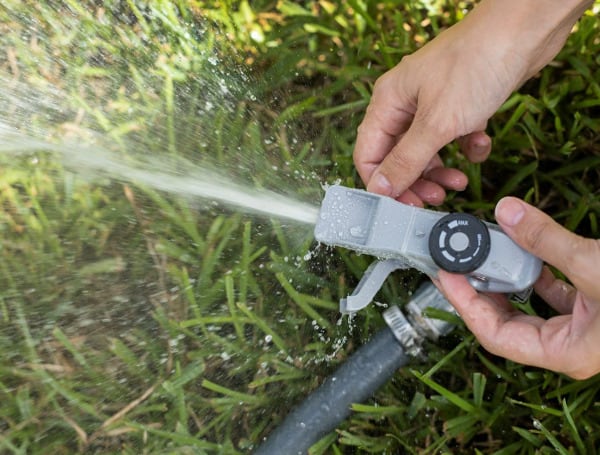As Florida’s population surges towards a projected 33 million by 2070, pressure on the state’s precious water resources is intensifying. With approximately 22 million residents already tapping into the same source, largely the Floridan aquifer, to irrigate their lawns, the need for conservation has never been more critical. To safeguard this limited supply, cities, counties, and water management districts across the state have implemented irrigation restrictions.
However, newly published research from University of Florida social scientists reveals a significant hurdle in these conservation efforts: nearly 40% of Floridians subject to these rules mistakenly believe they are voluntary.
“That’s a major disconnect and helps explain why compliance remains a challenge, despite policies,” stated study co-author John Diaz, an associate professor of agricultural education and communication at UF/IFAS. “It’s a reminder that enforcement alone isn’t enough — awareness and communication are critical.”
The study, funded in part by the USDA National Institute of Food and Agriculture, surveyed 2,651 Floridians online and uncovered several key factors influencing compliance with irrigation restrictions.
Diaz, who is based at the UF/IFAS Gulf Coast Research and Education Center in Plant City, suggests that residents can take proactive steps to improve compliance. This includes first understanding the specific regulations in their local area and then implementing simple changes such as setting irrigation timers or utilizing rain sensors. Information on local guidelines can typically be found on city and county websites, within water bill flyers, and through educational outreach.
READ: University Of Florida Researchers Create New App To Help Farmers Optimize Corn Irrigation
Experts from water management districts, utility companies, and UF/IFAS Extension agents play a vital role in educating the public about these rules. “But beyond tools, what really motivates people is understanding the positive impact of their actions — saving money, protecting local water supplies and doing what’s right,” Diaz emphasized. “When we focus on those benefits and normalize conservation in our neighborhoods, we make it easier for everyone to turn the sprinkler off at the right time.”
The research also highlighted the importance of individual belief in one’s ability to adhere to the rules. “Specifically, you must have confidence in your ability to follow these rules,” explained Laura Warner, a UF/IFAS professor of agricultural education and communication and the study’s corresponding author.
Furthermore, the study revealed that social norms significantly influence compliance. Residents are more likely to follow irrigation restrictions if they believe that their family, friends, neighbors, and other valued individuals approve of them doing so. Past behavior also plays a role, with individuals who have previously or are currently adhering to the rules being more likely to continue doing so.
READ: University Of Florida Research: Norms, Not Knowledge, Drive Irrigation Habits
These findings offer valuable insights for developing more effective strategies to encourage water conservation. “We want our education and communications to develop people’s confidence in operating their system so irrigation runs only on allowed days,” Warner said. “We also want to enhance their understanding of the good things that will happen if they comply — like having a healthy lawn because it isn’t over-watered.”
With a significant portion of the population unaware of the existing irrigation rules, researchers stress the urgent need for improved communication and education efforts.
“Part of our goal is to figure out the best way to communicate and educate,” Warner concluded. “With nearly half of those surveyed being unaware of these rules, it is clear that we need to find more effective approaches.” As Florida’s population continues its upward trajectory, bridging this awareness gap will be crucial in safeguarding the state’s vital water resources for future generations.
Please make a small donation to the Tampa Free Press to help sustain independent journalism. Your contribution enables us to continue delivering high-quality, local, and national news coverage.
Connect with us: Follow the Tampa Free Press on Facebook and Twitter for breaking news and updates.
Sign up: Subscribe to our free newsletter for a curated selection of top stories delivered straight to your inbox

